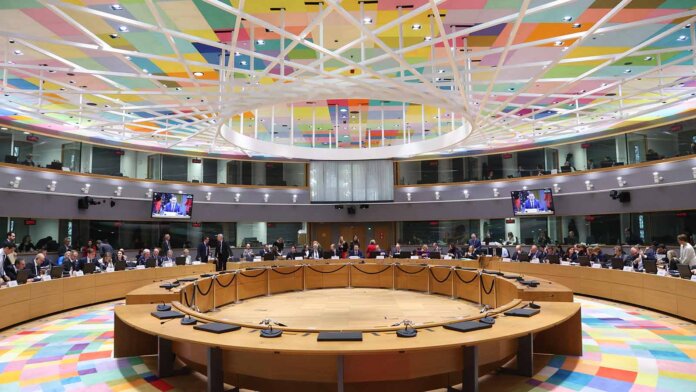EU energy ministers agreed to urgently speed up the permitting of renewables, reports Wind Europe. The decision for emergency measures to accelerate permitting had been reached in November already but the final green light was given at the December 19 Energy Council in a package deal with the agreement on an EU gas price cap. Notably the emergency measures on permitting mark the first time that the EU defines in law the expansion of renewables as a matter of overriding public interest.
Europe wants wind energy to generate 43% of its electricity demand by 2030, up from 15% today, in order to strengthen its energy security and maintain affordable power prices for households and businesses. This means increasing Europe’s wind energy capacity from 190 GW today to 510 GW by 2030. But permitting remains the main bottleneck for the expansion of renewables and continues to hold back the build-out of wind farms.
The EU understands that the simplification and acceleration of permitting is top priority. With the adoption of the EU emergency measures on permitting governments have signed up the principle that renewables are of overriding public interest. This means the EU-27 can speed up renewables permitting while ensuring a good working balance with other societal interests such as the protection of biodiversity.
Under the new rules, member states must accelerate permitting for all new wind energy projects. They must now permit repowering projects within 6 months, including the Environmental Impact Assessment and the grid permits. If repowering results in a capacity increase of less than 15%, then the grid connection shall even be permitted within 3 months.
Critically, member states may also apply the emergency rules to wind energy projects under development. Eighty GW of wind energy capacity are currently stuck in permitting procedures across Europe. Unlocking these volumes is essential for Europe to replace Russian gas and improve its energy security for this and next winter.
In parallel, the EU is revising its 2018 Renewables Directive which will incorporate new permitting proposals from the European Commission’s REPowerEU strategy. These concern for instance enshrining the principle of overriding public interest in the directive, too, or clarifying which permits fall within the mandatory EU permitting deadlines for renewables. EU member states and the European Parliament will start negotiations on a final text of the revised Renewables Directive in January 2023.




